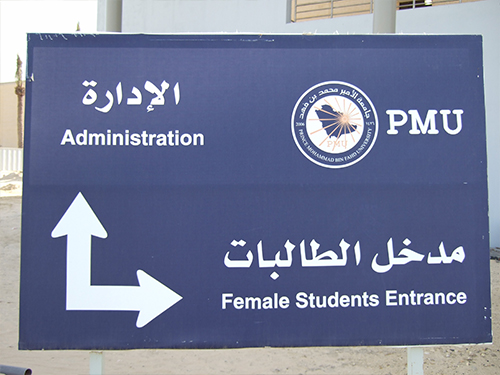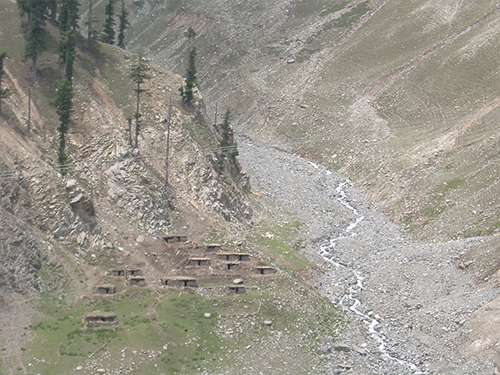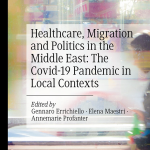Professional Venues
Conferences are a venue for academics to interact and establish ongoing relationships that help further existing research and create opportunities to develop new research directions. By presenting both research that is ongoing and completed, academics are afforded the opportunity to receive input from other specialists in their field and to stay up-to-date on new and evolving arenas. These relationships serve numerous purposes. For example, they serve as a support network as well as for encouraging opportunities for visiting professorships and as a medium of intellectual exchange through collaboration and peer-review. In keeping with my belief and the value of intercultural communication the conference sites I have chosen thus far have been in settings which have not only focused on my current research arenas but which also have afforded me the greatest opportunity to meet with inspiring scholastic mentors worldwide. The relationships that I have developed thus far are ones which connect me to the greater academic world at large and support my growth as both a researcher and an educator. These intellectual crossroads inform me of new academic publications and encourage me to expand my horizons by coordinating workshops, getting involved with new organizations, and exposing me to more publication opportunities.
They re-energize me and get me excited about being a scholar again, about not only my own interests but also others’ as well. They also remind me to take myself lightly and to not focus on the small stuff. It is hard to be stuffy and focused on looking professional when you are running down a hallway after asking anyone you see where they have moved your presentation room. This didn’t happen just in one part of the world, but in both Las Vegas, Nevada, and in Dubai, and I am sure these were not isolated incidents.
They re-energize me and get me excited about being a scholar again, about not only my own interests but also others’ as well. They also remind me to take myself lightly and to not focus on the small stuff. It is hard to be stuffy and focused on looking professional when you are running down a hallway after asking anyone you see where they have moved your presentation room. This didn’t happen just in one part of the world, but in both Las Vegas, Nevada, and in Dubai, and I am sure these were not isolated incidents.
Conference presentations and journal and book publications were on the following topics:
- Educational: comparative educational practices, comparative family and educational systems, children and youth with special abilities and needs
- Intercultural: traditional network nodes in a globalized society, migration and immigration
- Gender studies: women’s cultural identity in the Arabian Gulf, women’s leadership, cultural issues
- Psychosocial: professional identity formation, comparative interpersonal relations

























